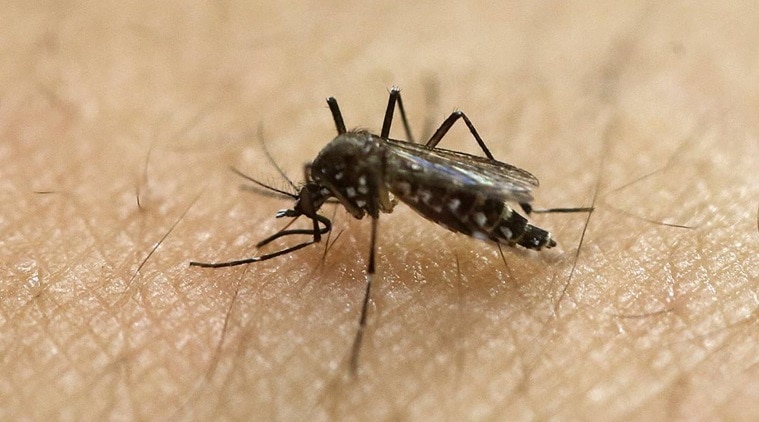Over the last two months, the BBMP has stepped up its awareness campaign in the city. The BBMP health department is planning to conduct surveys and identify the areas where dengue virus is spreading rapidly.

The Bruhath Bengaluru Mahanagara Palike (BBMP) said it had registered a total of 1041 cases of dengue so far this year even though doctors in the city feel the numbers could be much more.
Moreover, anecdotal evidence from clinics and nursing homes speak about a large number of patients being diagnosed with similar mosquito-borne diseases.
“From the past few weeks, we are seeing a large number of patients with depleting white blood cells and platelet count, which could be due to mosquito-borne diseases like dengue, Malaria and chikungunya. These are the cases we are seeing in our nursing home,” said Dr Sharath of Cheerenjvi Nursing home.
READ: What is Dengue fever?
Over the last two months, the BBMP has stepped up its awareness campaign in the city. The BBMP health department is planning to conduct surveys and identify the areas where dengue virus is spreading rapidly.
Speaking to Indianexpress.com, Dr Manoranjan Hegde, chief public health officer of BBMP said, “In all the eight BBMP zones, we have identified 1041 dengue cases this year. We are creating awareness campaigns and for the first time the BBMP health department officials will conduct a door-to-door survey to check for stagnant water, which acts as a breeding ground for mosquitoes.”
Recently, the BBMP commissioner directed all officials to ensure that there was no stagnant water in the corporation limits.
READ: Study to identify dengue hotspots across country
According to the BBMP data accessed by Indianexpress.com, East Bengaluru (351) has reported the maximum dengue cases in 2019 followed by South Bangalore (197), Mahadevapura (180), Bommanahalli (145), West Bangalore (74), RR Nagara (37), Dasarahalli (29) and Yelahanka (28).
Speaking to Indianexpress.com, Dr S Manohar, Director (Internal Medicine) of Sakra World Hospital, said, “Patients with dengue experience chills, rash, facial flushing, which may last 2-3 days along with high fever exceeding 102 F. Dengue fever is typically a self-limited disease with a mortality rate of less than 1% when detected early and with access to proper medical care. When treated, severe dengue has a mortality rate of 2%-5%, but, when left untreated, the mortality rate is as high as 20%.”
